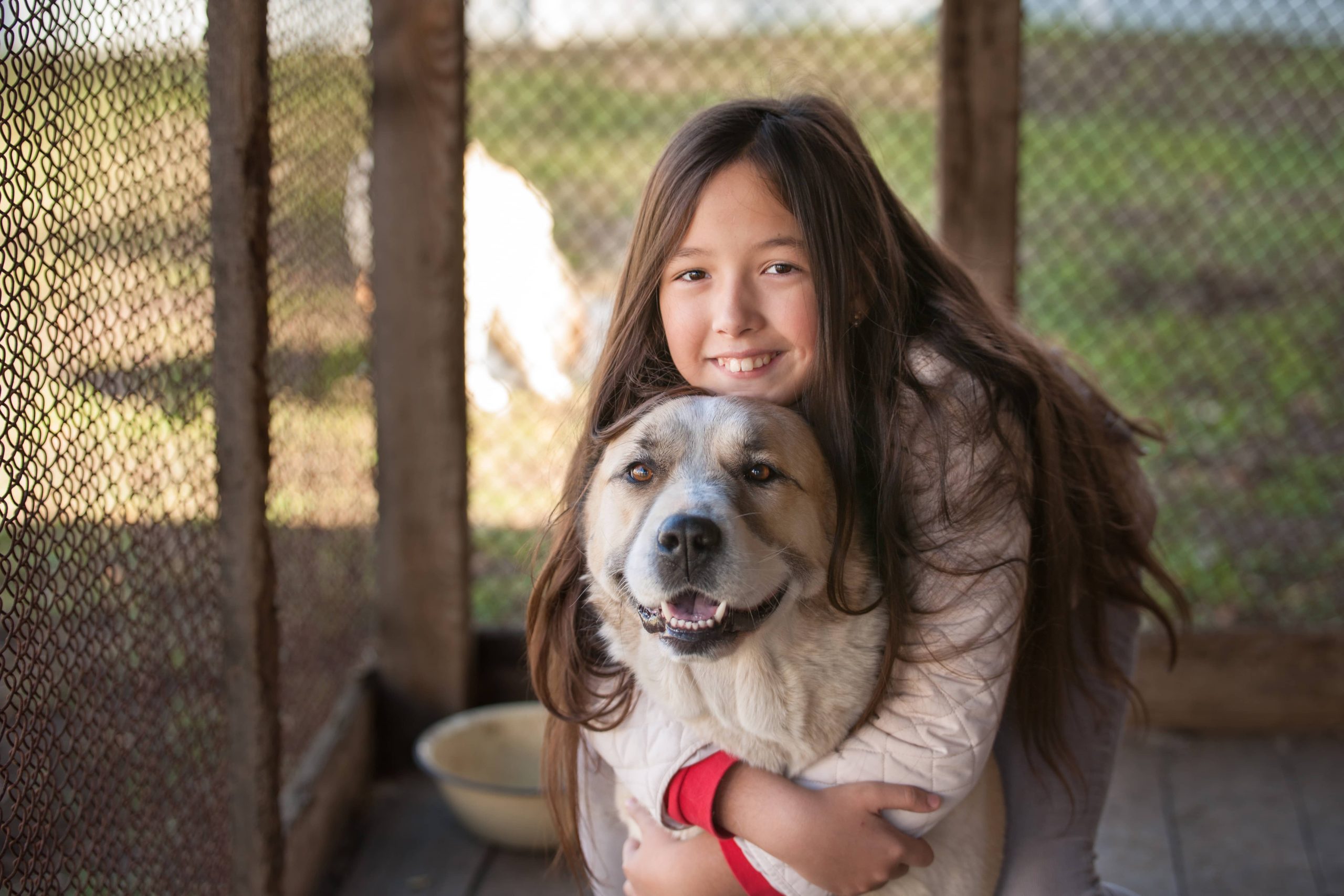
Deciding to adopt a pet is a monumental decision. It’s not just about bringing a cute, fluffy animal into your home – it’s about finding a loyal companion who will fit seamlessly into your lifestyle and bring joy to your everyday life. Every pet has its own set of needs and characteristics, and understanding these before making your choice is crucial to ensure a harmonious relationship. This guide will help you navigate this important decision.
Assessing Your Living Space
One of the primary considerations when choosing a pet is the amount of space you have. For example, a large dog may not thrive in a small apartment with limited outdoor access. Conversely, a small pet, like a hamster or a fish, may be perfectly content in a more confined area. Cats can be somewhat flexible, often comfortable in both small and large spaces, as long as they have plenty of vertical space and enrichment activities.
If you have a spacious house with a backyard, larger dog breeds or energetic dogs might be a good fit. They will appreciate the room to run and play. On the other hand, if you live in an apartment, consider small dogs, cats, or other small animals that do not require ample space to exercise.
Time Commitment
Next, consider the amount of time you can dedicate to your new pet. Different pets require different levels of care and interaction. Dogs, for instance, need regular walks, playtime, and training. They crave human interaction and can suffer from separation anxiety if left alone for long periods. Cats are generally more independent but still need social interaction and mental stimulation.
Smaller pets like hamsters, guinea pigs, or fish require less direct interaction but still need daily care, such as feeding, cleaning their living environment, and health checks. Birds can be relatively low-maintenance, but certain species, like parrots, need considerable social interaction and mental stimulation to stay happy and healthy.
Activity Level
It’s important to match a pet’s activity level with your own. If you lead an active lifestyle and enjoy outdoor activities, a high-energy dog breed such as a Border Collie, Labrador Retriever, or an Australian Shepherd might be an excellent companion to share those activities with. These breeds require significant physical exercise and mental stimulation.
If your lifestyle is more sedentary, or if you have mobility issues, consider a pet with lower energy levels. Certain dog breeds, like the French Bulldog, Basset Hound, or Shih Tzu, are more suited to a laid-back lifestyle. Cats also tend to have varying energy levels, with some breeds, like the Persian or Ragdoll, being more relaxed and others, like the Bengal or Siamese, being more playful and active.
Allergies and Health Concerns
Allergies can be a significant factor in deciding which pet is right for you. Some animals, particularly certain dog and cat breeds, are known to be hypoallergenic. Hypoallergenic breeds typically shed less dander, which is often the cause of pet-related allergies. Examples of hypoallergenic dogs include the Poodle, Bichon Frise, and Portuguese Water Dog. For cats, consider breeds like the Sphynx, Balinese, or Russian Blue.
Health considerations extend beyond allergies. If anyone in your household has weakened immune systems, such as young children, the elderly, or immunocompromised individuals, it’s vital to take extra precautions. Research which pets are more suitable for close interaction with these individuals.
Financial Considerations
Owning a pet is a financial commitment that goes beyond the initial adoption fee. Regular expenses include food, grooming, veterinary care, and supplies. Emergencies and unexpected health issues can also arise, leading to additional costs.
Before adopting a pet, evaluate your financial stability and ensure you can provide for all the needs of your new companion. The cost of pet ownership varies widely depending on the type of pet and its needs. For example, large dogs typically have higher food and medical costs compared to smaller pets like hamsters or fish.
Lifespan and Long-Term Commitment
Different pets have different lifespans, and it’s essential to consider the long-term commitment you’re making. Dogs and cats can live for many years, sometimes up to 15-20 years or more. Smaller pets like hamsters and guinea pigs have shorter lifespans, typically ranging from 2-7 years, depending on the species.
Consider your future plans when choosing a pet. Are you prepared for the long-term commitment, and can you accommodate their needs as they age? Adopting a pet is a lifelong commitment, and planning for the future is crucial.
Adopting from a Shelter or Rescue Organization
When you’ve considered all the factors and decided on the type of pet that will best fit your lifestyle, consider adopting from a shelter or rescue organization. These organizations have many animals in need of loving homes, and adoption gives them a second chance at a happy life. Additionally, shelter staff often have valuable insights into the personalities and needs of the animals in their care, helping you make a more informed decision.
Choosing the right pet for your lifestyle involves careful consideration and planning. By assessing your living space, time commitment, activity level, health concerns, financial stability, and long-term plans, you can find a pet that will thrive in your home and bring joy to your life. Adopting a pet is a rewarding experience that, with the right match, will lead to years of companionship and happiness.






